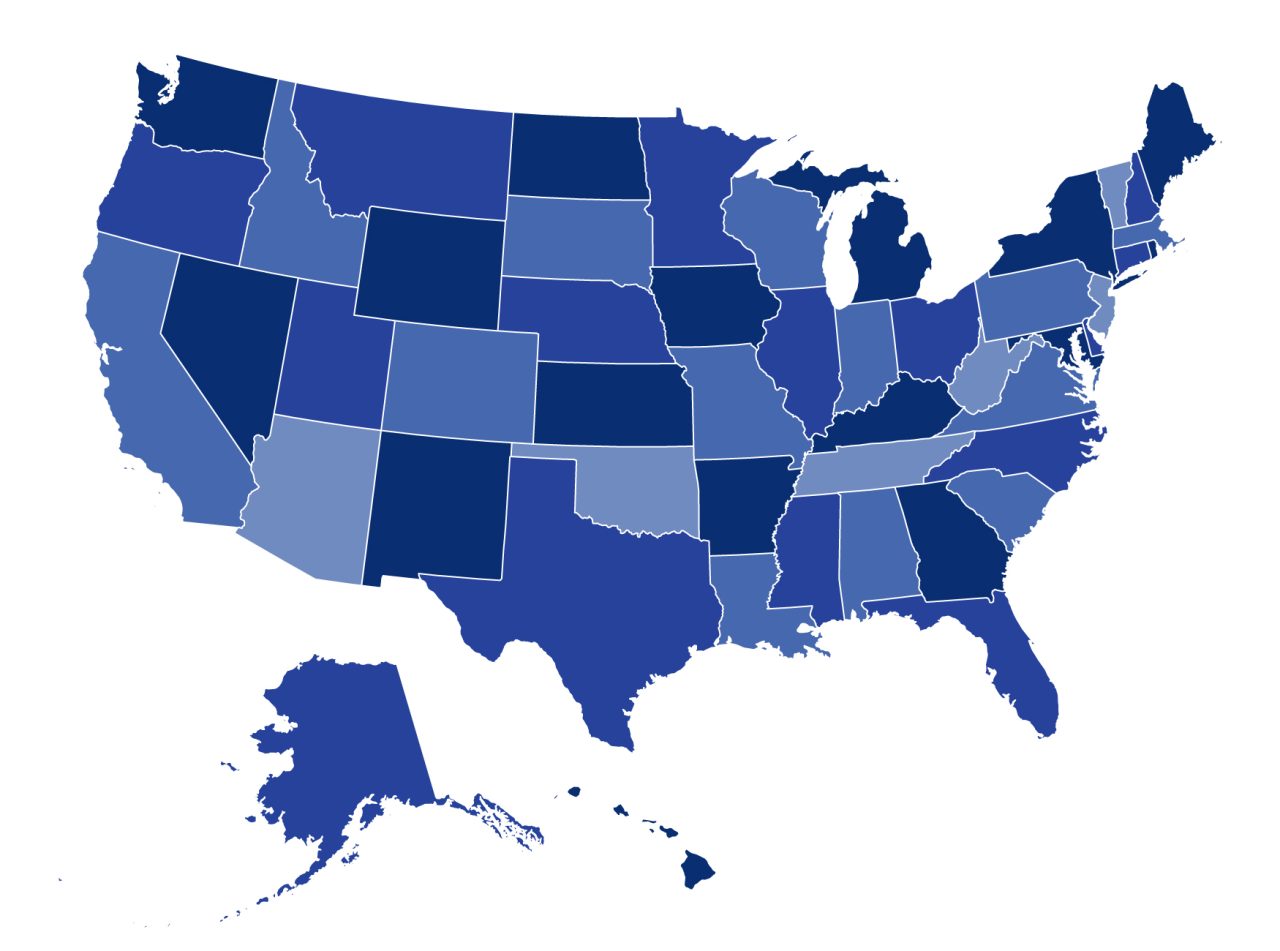CHIR Interactive Map Highlights New Details on No Surprises Act Enforcement

The No Surprises Act (NSA) went into effect this year, providing new protections against surprise medical bills for patients who receive unanticipated out-of-network care. Implementation and enforcement of the NSA involves both federal and state governments.
Generally, states are the primary enforcers of NSA protections, with the federal government taking over enforcement when states are unable or unwilling to do so. Some states have opted to share this responsibility with the federal government, often through a collaborative enforcement agreement. Additionally, almost half of states have laws governing the process for determining payment from insurers (generally, state-regulated insurers) to out-of-network providers, in lieu of the federal dispute resolution system.
The Centers for Medicare and Medicaid Services (CMS) released letters outlining state NSA implementation and enforcement schemes. CHIR analyzed the contents of these letters and published an interactive map for the Commonwealth Fund, displaying state enforcement strategies, external review processes, patient-provider dispute resolution, and the scope of state laws.
The newest iteration of the map, published in June 2022, provides two key updates to add new context to the enforcement process:
Specified State Law – Payment: This map provides additional detail on state laws specifying a mechanism for determining insurer payments to out-of-network providers. State methods are categorized as payment rules (requiring a standard payment as compensation for the out-of-network service), dispute resolution (a process for resolving disputes between patients and providers with regard to good-faith cost estimates), or a hybrid approach.
Ground Ambulance Protections: While the NSA does not protect consumers from surprise ground ambulance bills, some states enacted legislation to fill this gap. The new map displays states that protect consumers from surprise ground ambulance bills, along with information about the scope of state protections (applying to public ambulance services, private ambulance services, or both), and information on reimbursement guidance.
The NSA map will continue to be updated as more information is made available by CMS. Questions regarding the NSA enforcement interactive can be directed to Madeline O’Brien at madeline.obrien@georgetown.edu.
This entry was posted in State of the States and tagged balance billing, No Surprises Act, surprise balance billing by Madeline O’Brien. Bookmark the permalink.





